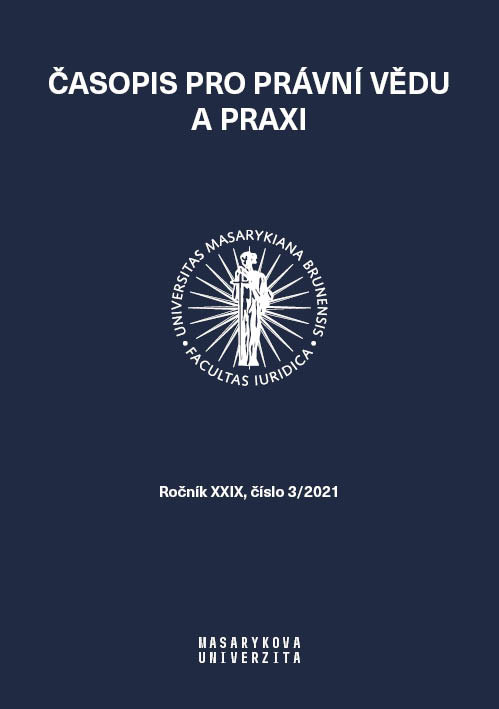Medzinárodné právo, umelá inteligencia a vice versa
International Law, Artificial Intelligence and Vice Versa
Author(s): Ján KlučkaSubject(s): International Law
Published by: Masarykova univerzita nakladatelství
Keywords: Artificial Intelligence Definition; Obstacles of the Rule-Making Process of the New Rules of International Law; General Standards; Interpretation and Application of the Existing International Law.
Summary/Abstract: Fast global development of the artificial intelligence characterized by diversified means of its practical application is currently not accompanied by creation of the new rules of International law as one of the means of its legal regulation. This is due, among other reasons, to the absence of the legal definition of artificial intelligence and the specificities of the rule-making process of the new rules of International law. Besides content uncertainties of possible legal regulation of the artificial intelligence, the rule-making process of the new rules of International law is time-consuming, and therefore it cannot respond adequately to fast development of the new artificial intelligence technologies. This legislative gap is currently filled by the rules of the soft law and international standards, rules which are created much faster and they can react more appropriately to the new challenges of the artificial intelligence. These rules can be also inspirational for the rule-making process of the new legal rules. Experiences up to nowadays shall indicate that the role of the International law will be not dominant (especially in the near future). Regulation will be multilevel consisting of the rules as the soft law and international standards, which interrelation and importance may vary in the future. But in relation to the artificial intelligence, also legal rules of the current International law shall be applicable as far as their interpretation allows. Otherwise, there is possibility of the creation of the new international treaty. Artificial intelligence also affects procedural rules of International law, for example within the monitoring of compliance with international obligations, process of the preparation of the international treaty, negotiation process of international treaty, identification of the creation process of the international custom, data processing analysis of the text of the international treaty, etc.
Journal: Časopis pro právní vědu a praxi
- Issue Year: 29/2021
- Issue No: 3
- Page Range: 551-572
- Page Count: 22
- Language: Slovak

